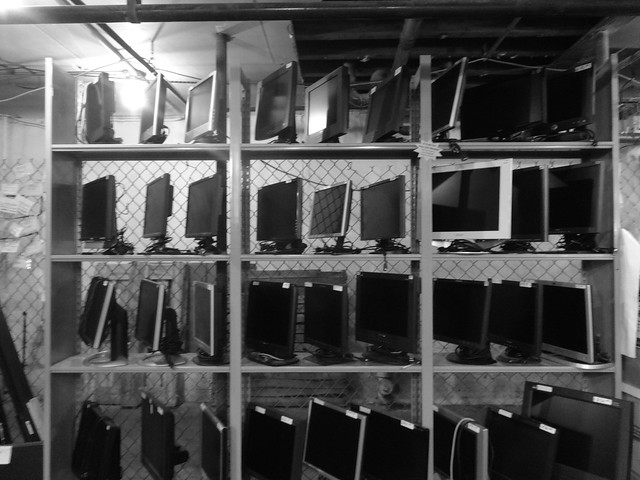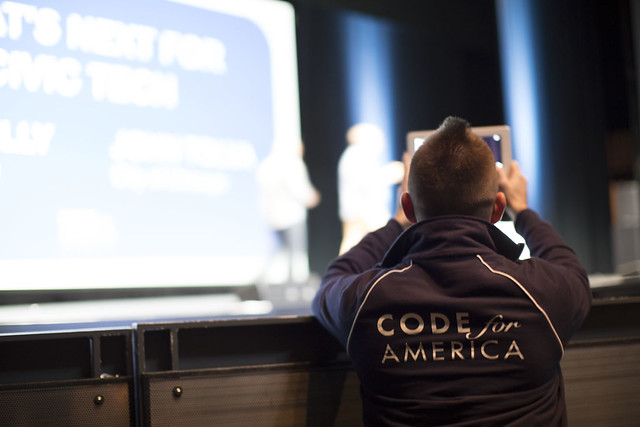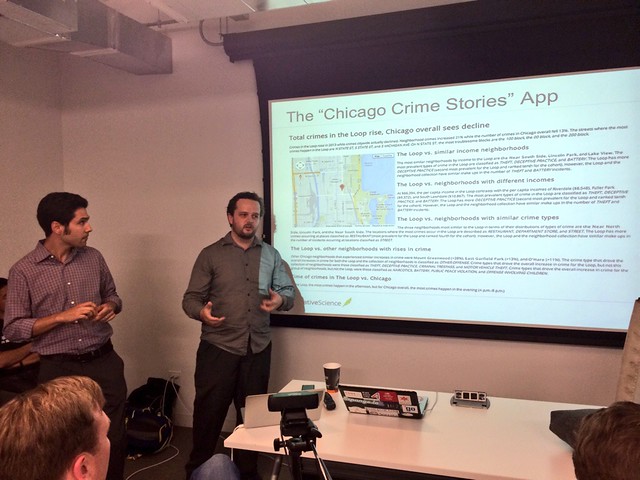Note: this is the first Smart Chicago blog post by Andrew Seeder. Andrew has worked for the Chicago Community Trust on data projects for CEO and President Terry Mazany, and has been doing lots of thinking and writing from the Chicago School of Data project. Here’s his presentation of what we think can be a helpful classification system for seeing and understanding our regional data ecosystem. He will be at our conference this Friday and Saturday— please talk with him about what you think! — DXO
After months of interviews and hundreds of surveys we’re beginning to see how the regional data ecosystem fits together. The ecosystem grows and develops because we create data for others to use, we consume data made by others, and we enable each other to do the same. We found data creators, data consumers, and data enablers.
Some organizations create packaged data sets of data they’ve collected, while other organizations make it a business of cleaning free, public data. Others donate hardware and their expertise to local schools or, as an institution, they fund organizations working in the field. But data creators consume data and data consumers enable others to create data. These broad categories aren’t mutually exclusive.
Among data creators, some organizations provide their data for free, at no charge to either the public or other organizations. These “open” organizations include a lot of large (especially public) institutions, like the City of Chicago or the U.S. Census Bureau. They have the resources and capacity to develop full toolchain platforms. They are one-stop shops for pre-packaged data, also known as data that can be uploaded into and illustrated by common workplace software. There are far more organizations that offer data for a fee, or only under special circumstances.

Data!
Continue reading →




